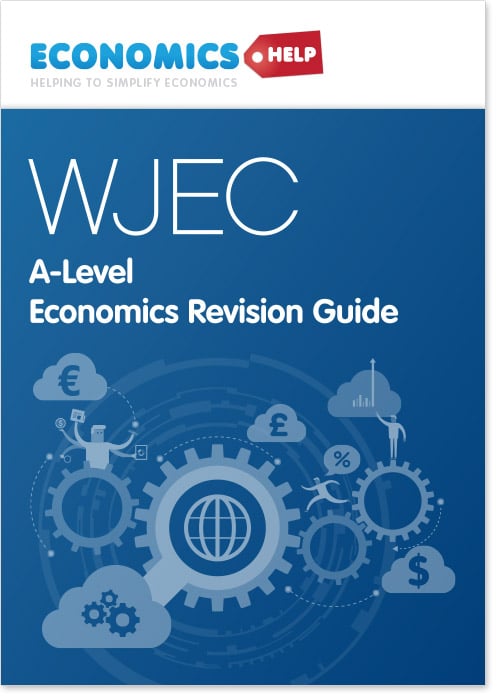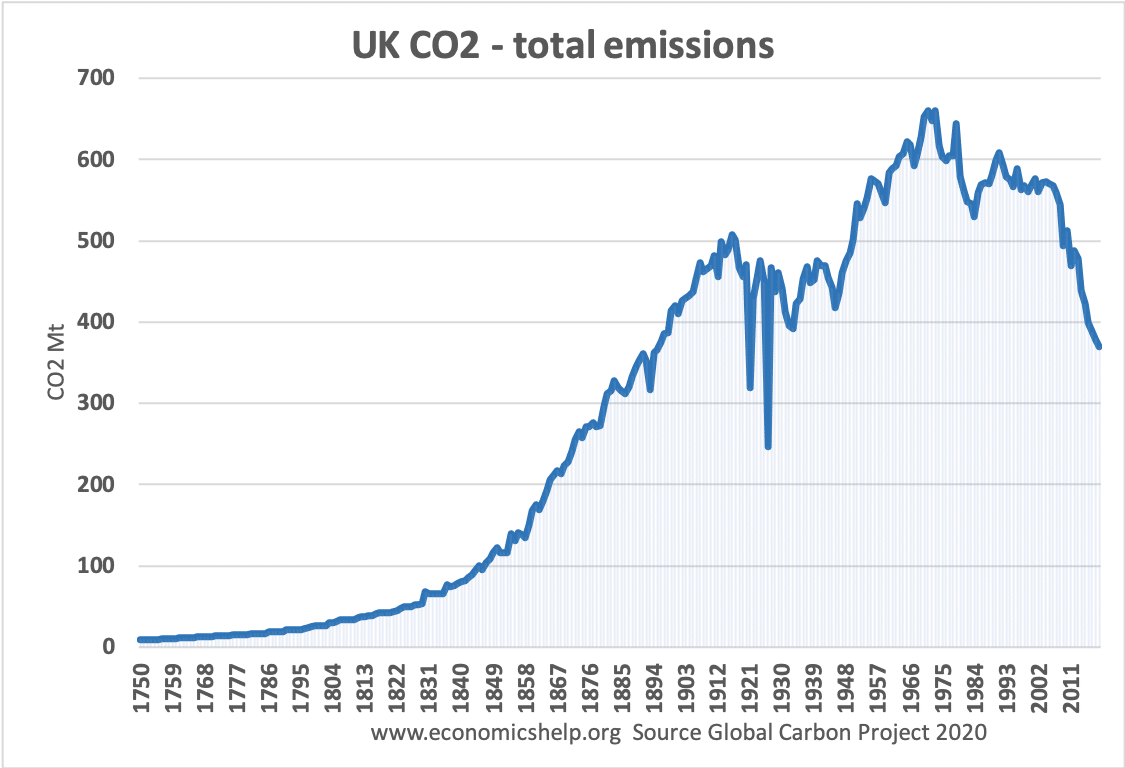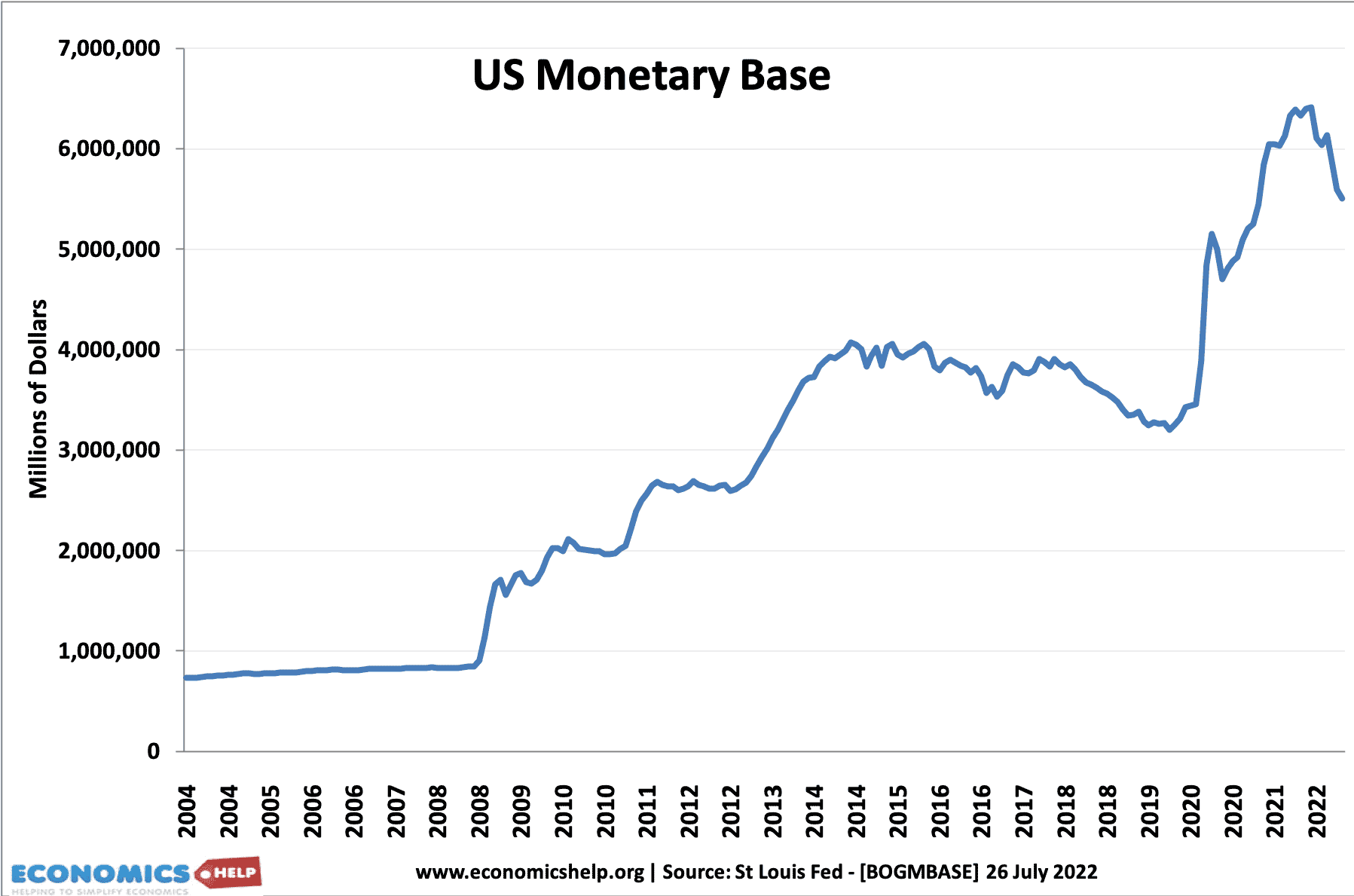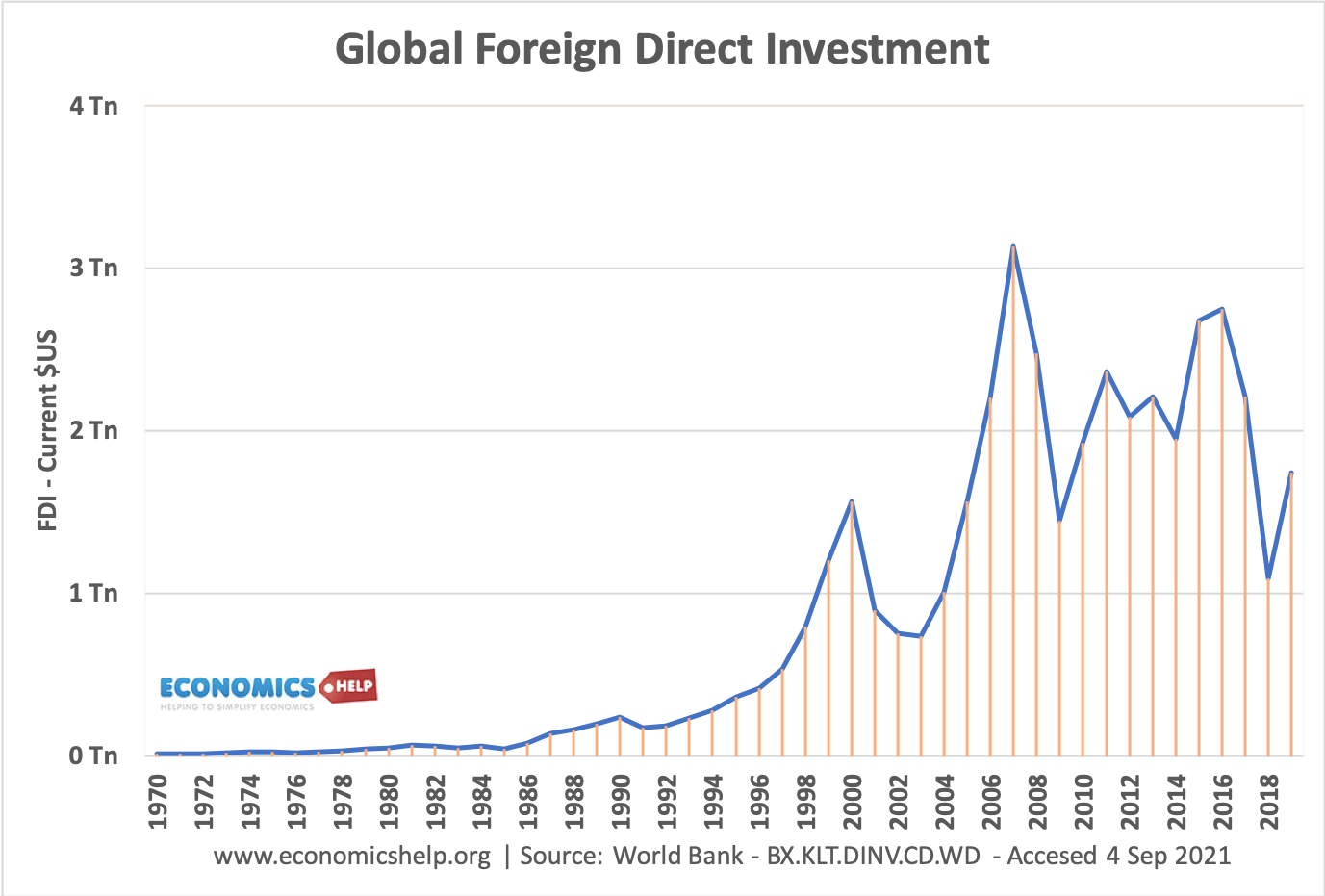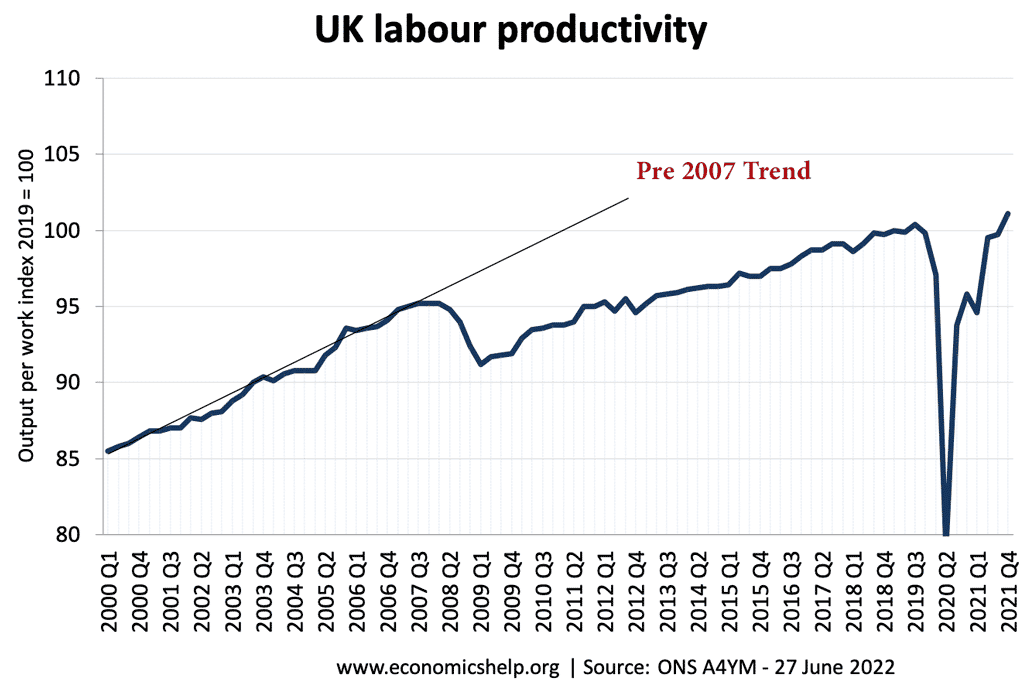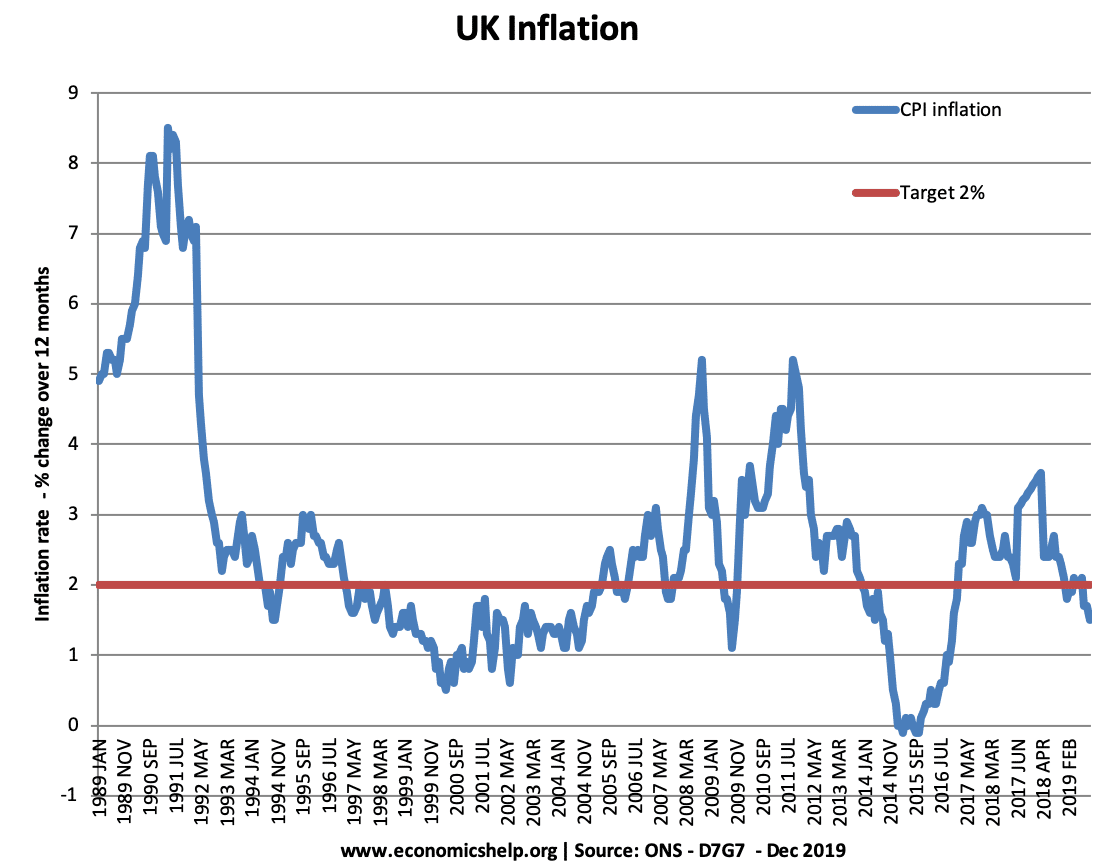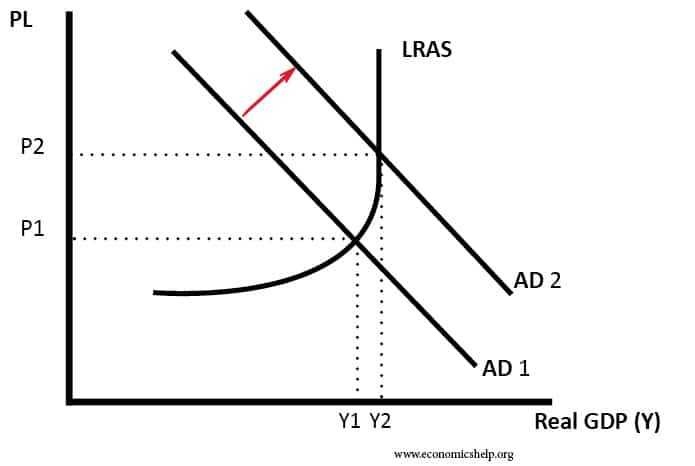WJEC AS revision guide – network license
- E-Book
- Specific WJEC AS-level economics revision guide – network license £45.00
- Updated for the new WJEC economics syllabus.
- Last updated June 2022.
- Network license version of economics revision guide
About network license
- Allows unlimited use within one educational establishment.
- Package includes word documents, to enable modification for teaching.

